When you think about building safety, comfort, and durability, door closers probably aren't the first thing that comes to mind. But they play an important role in everyday life. Whether you're entering a shopping mall, a hospital, or even your own home, the way a door closes behind you can affect safety, energy savings, and even convenience. A poorly chosen closer can make doors slam, stay half open, or wear down too quickly. A well-chosen one ensures smooth, safe, and long-lasting performance.
Why Do Door Closers Matter?
Door closers are not just about shutting a door. They serve several practical functions:
Safety and Fire Protection – Fire-rated door closers help prevent the spread of smoke and flames during emergencies by keeping doors securely closed.
Security – A self-closing door reduces the risk of unauthorized entry, especially in commercial and public buildings.
Energy Efficiency – Keeping doors closed helps maintain indoor temperatures, saving heating and cooling costs.
Comfort and Noise Control – Door closers stop doors from slamming, which protects the frame and reduces noise.
Durability of Doors – By controlling closing force, they protect hinges, frames, and locks from unnecessary damage.
Types of Door Closers
There are several types of door closers, each designed for different applications. Let's go through the most common ones.
1. Surface-Mounted Door Closers
This is the most widely used type. It's mounted on the surface of the door or frame and is easy to install.
Regular Arm Surface-Mounted Door Closer – Works on the pull side of the door.
Top Jamb Surface-Mounted Door Closer – Placed at the top on the push side.
Parallel Arm Surface-Mounted Door Closer – Installed on the push side with a lower profile for better aesthetics.
Common Uses: Schools, offices, retail shops, and hospitals.
2. Concealed Door Closers
As the name suggests, these are hidden inside the frame or door leaf. They offer a clean look without visible hardware.
Common Uses: High-end interiors, hotels, luxury offices, and glass doors.
3. Floor-Spring Door Closers
Installed under the floor, these are durable and designed for heavy glass or wooden doors. They allow two-way opening and smooth control.
Common Uses: Shopping malls, storefronts, glass entrance doors.
4. Overhead Concealed Door Closers
These sit in the door frame above the door. They are less visible but provide effective control.
Common Uses: Commercial glass doors, aluminum frame doors.
5. Hydraulic and Pneumatic Door Closers
Hydraulic Door Closer – Uses oil for smooth and adjustable operation, ideal for heavy or fire-rated doors.
Pneumatic Door Closer – Works with air pressure, more common in lighter screen doors and residential uses.
Applications of Door Closers
Door closers are used in many different settings:
Commercial Door Closers – Offices, hotels, shopping malls.
Residential Door Closers – Patio doors, garage doors, security doors.
Healthcare Facilities – Hospitals, clinics, are quiet, smooth closing matters.
Educational Institutions – Schools, universities, for safety and accessibility.
Public Buildings – Airports, government offices, libraries.
Key Factors to Consider When Choosing a Door Closer
Choosing the right door closer depends on where and how you plan to use it. Here are some points to consider:
1. Door Size and Weight
Large steel doors or glass entrance doors require stronger closers than small wooden ones. Always check the maximum door width and weight capacity.
2. Location and Environment
Exterior doors face wind, weather, and frequent use → heavy-duty closers.
Interior doors may only need light or medium-duty closers.
3. Fire Safety Standards
If the door is fire-rated, you must choose a certified fire-rated door closer.
4. Traffic Level
High Traffic: Airports, shopping malls, hospitals → heavy-duty closers like hydraulic or floor-spring.
Medium Traffic: Offices, schools → surface-mounted closers.
Low Traffic: Residential use → lighter, pneumatic models.
5. Aesthetic Considerations
For modern interiors or glass installations, concealed or floor-spring closers work best since they don't interfere with design.
6. Budget and Long-Term Value
Cheaper closers may save money upfront, but high-quality ones reduce maintenance costs and last longer.
Why Choose Sunda Door Closer?
Sunda Hardware is more than just a manufacturer – it's a long-term partner for architects, builders, and wholesalers. Here's what sets Sunda door closer apart:
✅ 100% Stable Quality – Sunda's production management system ensures every product passes strict quality checks.
✅ Rust Prevention – All products are tested for rust resistance, guaranteeing long-lasting performance.
✅ Customization Available – Sunda's professional team can meet unique client needs.
✅ On-Time Delivery – Strong production capacity ensures deadlines are always met.
✅ Global Experience – As an accredited exporter and wholesaler of architectural hardware, Sunda understands different market needs.
✅ Compensation Guarantee – If a quality issue occurs, Sunda offers full compensation, showing confidence in its products.
Sunda Hardware, Stable Forever. Choosing Sunda means choosing high-quality hardware products, professional services, and dependable partnerships.
Aluminum Alloy Door Closer Manufacturer
Conclusion: Sunda Door Closer as Your Trusted Choice
Selecting the best door closer means considering the type of door, how often it's used, fire safety requirements, and overall design. While many brands exist, Sunda Door Closer stands out with its 100% commitment: stable quality, rust prevention, customization, on-time delivery, full inspection, and professional support. Sunda Hardware ensures that every door closes safely, smoothly, and with long-term reliability.
If you want a combination of durability, safety, and trusted performance, Sunda should be your first choice. With Sunda, you're not just buying a door closer – you're securing a long-term partner for success.

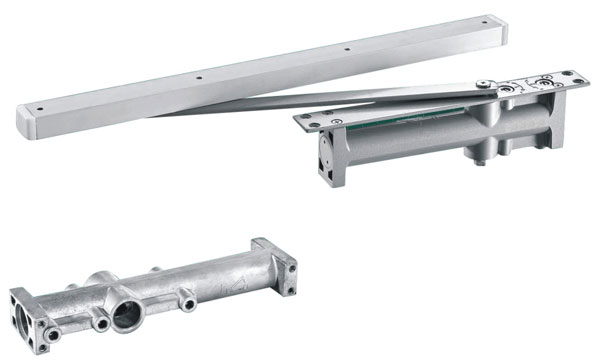
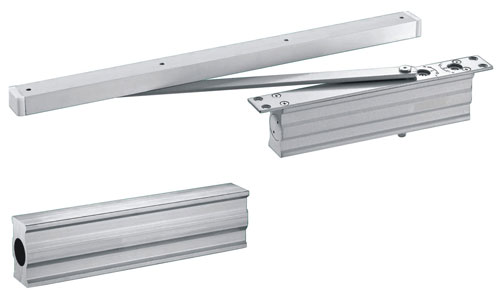
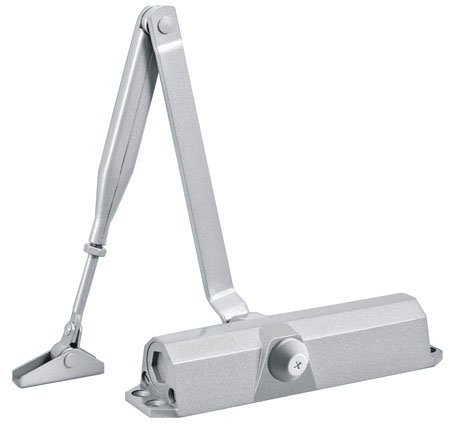
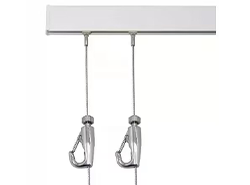
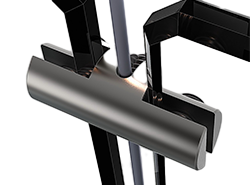
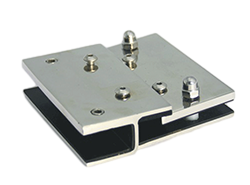
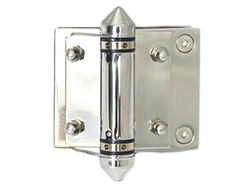
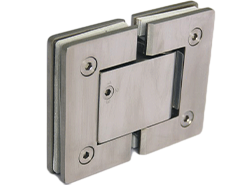
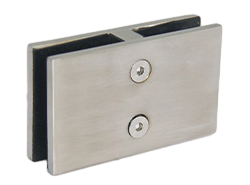
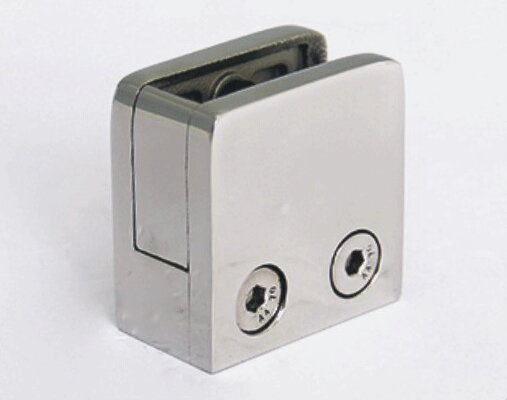
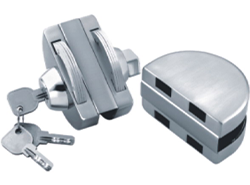
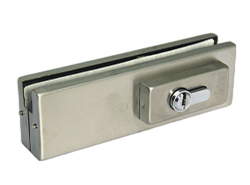
_31221.png)